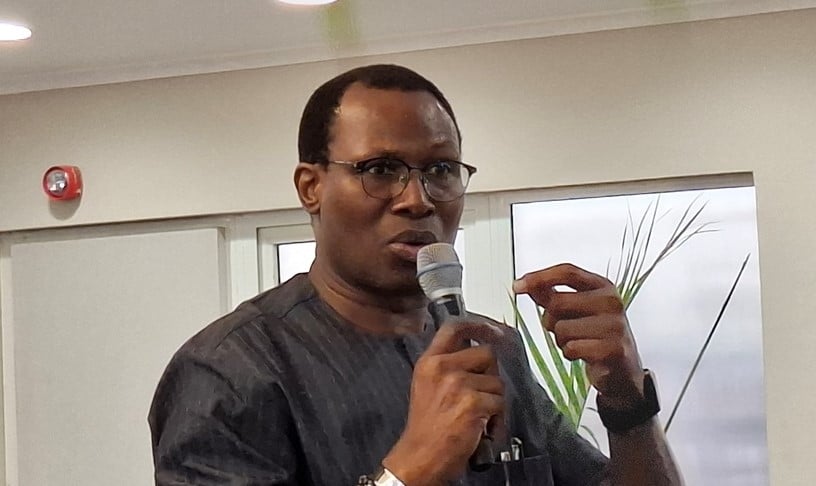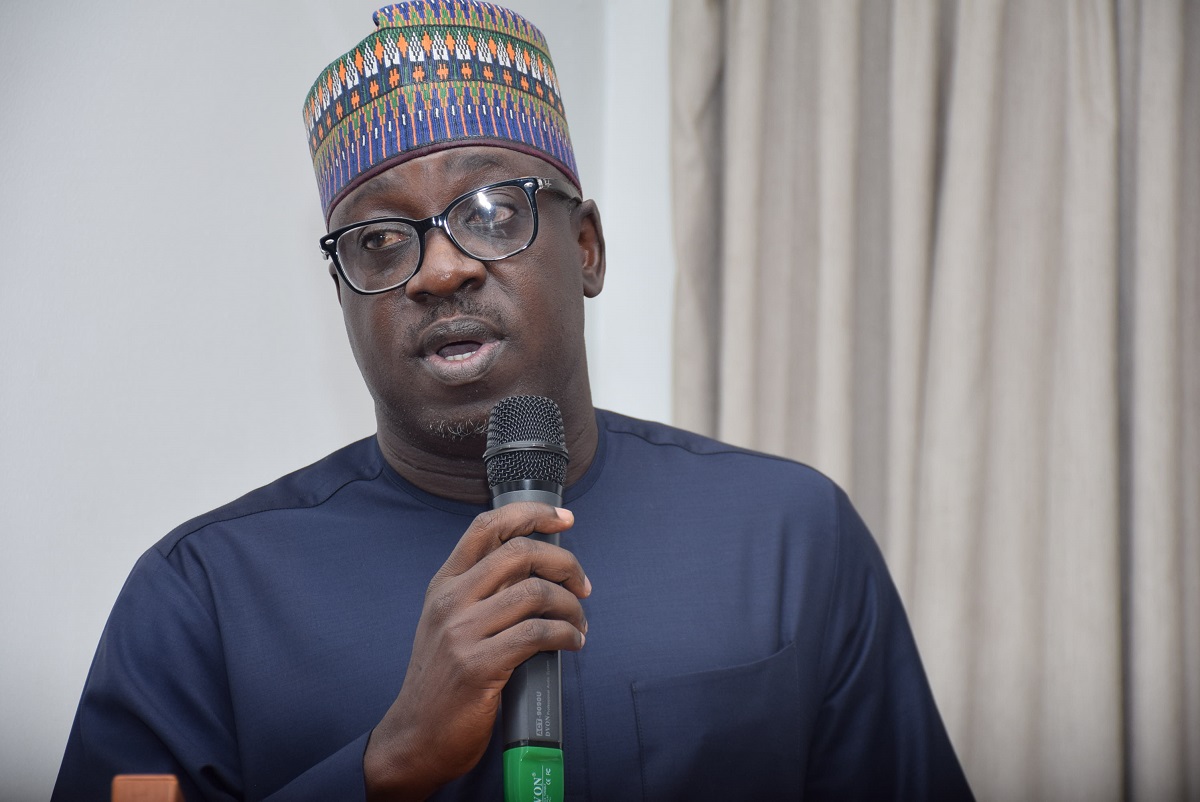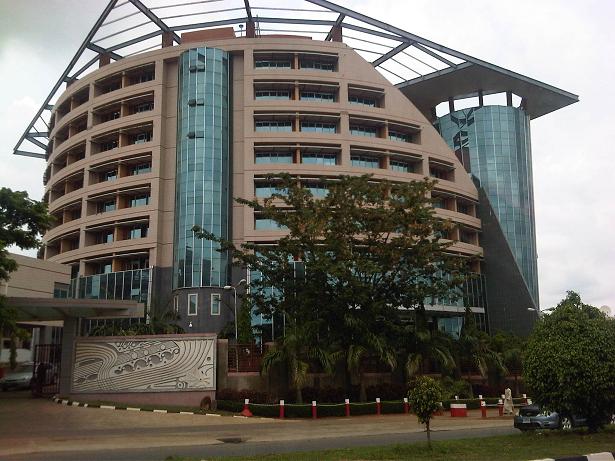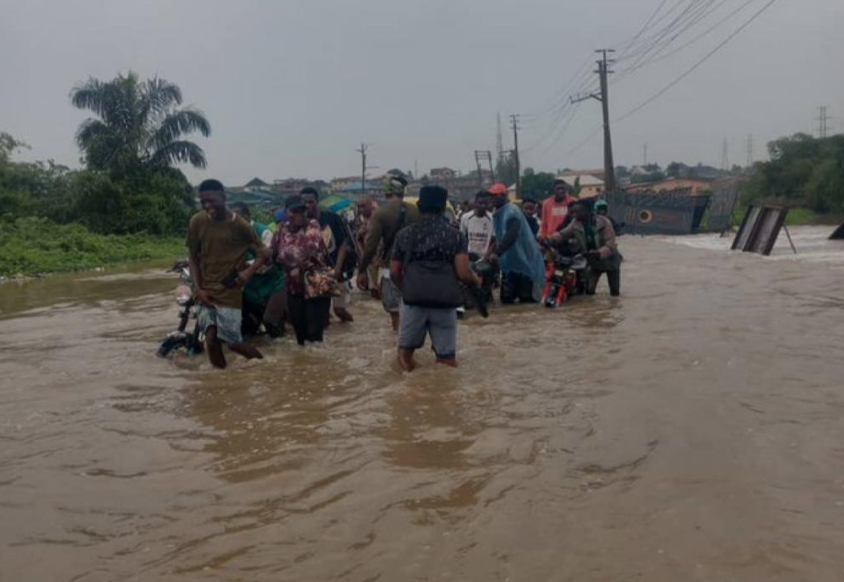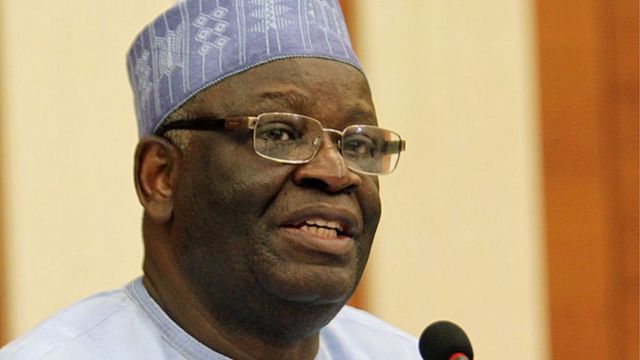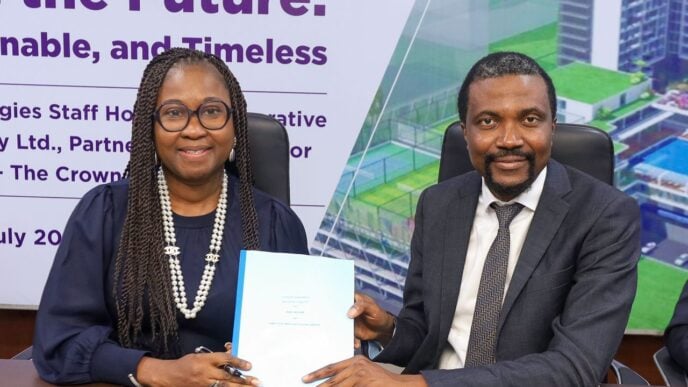The Association of Licensed Telecommunications Operators of Nigeria (ALTON) has expressed “deep” concern over the increasing wave of vandalism and theft targeting telecoms infrastructure across the country.
The ALTON executives, Gbenga Adebayo, its chairman, and Damian Udeh, the publicity secretary, spoke in a statement on Thursday.
The association said the incidents — recorded between May and July 2025 — affected multiple sites in many states, including the federal capital territory (FCT).
The association stated that members have committed “unprecedented levels of investment” in network optimisation and capacity upgrades, following the federal government’s policy interventions earlier this year to support the industry’s sustainability.
Advertisement
“New systems are being deployed, transmission equipment modernized, power systems overhauled, and thousands of kilometers of fiber optic networks currently being laid and expanded. Our industry has not seen this scale of investment in recent years,” the statement reads.
“We are working round the clock to improve the quality of service nationwide and we cannot afford these setbacks.
“Unfortunately, between May and July, 2025, multiple incidents of vandalism were recorded across cell sites in Rivers, Ogun, Osun, Imo, Kogi, Ekiti, Lagos, Federal Capital Territory Abuja and many other states.”
Advertisement
ALTON said critical components such as power cables, rectifiers, fibre optic cables, feeder cables, diesel generators, batteries, and solar systems are being stolen or vandalised from active telecoms sites.
The association said states such as Delta, Rivers, Cross Rivers, Akwa Ibom, Ogun, Ondo, Edo, Lagos, Kogi, FCT, Kaduna, Niger, Osun, and Kwara have recorded the highest number of attacks on telecoms infrastructure.
“These acts of sabotage have significantly disrupted network services, causing widespread connectivity blackouts leading to degradation of services and severely impacting millions of subscribers,” ALTON said.
“These are not mere materials, but they are the backbone of our digital economy, security systems, and national communications grid.
Advertisement
“These attacks have led to prolonged downtimes, network congestion, widespread blackouts, and degradation of service quality.
“The public must be reminded that telecommunications infrastructure is classified as Critical National Infrastructure (CNI) under the National Security framework.
“This classification is backed by Federal Government Gazette No. 133, Volume 108, dated 17th March 2021. Vandalism, sabotage, or illegal possession of these assets is a serious criminal offense with grave consequences.”
The group expressed concern over the growing market for stolen telecoms equipment, including power cables, rectifiers, batteries, solar panels, and diesel.
Advertisement
The ALTON urged the public to be vigilant and refrain from purchasing suspicious items. It also appealed to Nigerians to join in the fight against the vandalism of telecoms infrastructure.
‘FIBRE CABLES DAMAGED DURING ROAD CONSTRUCTION’
Advertisement
The association also expressed worry over the damage to underground fibre optic cables during road construction and civil projects along major highways and urban roads.
“These activities have led to significant service outages and financial losses,” ALTON said.
Advertisement
The group called on the office of the national security adviser (ONSA), the inspector-general of police, the director-general of the Department of State Services (DSS), and the commandant-general of the Nigeria Security and Civil Defence Corps (NSCDC) to immediately deploy resources to protect telecoms infrastructure.
ALTON commended the Nigerian Communications Commission (NCC) for setting up a dedicated reporting portal to safeguard the national telecoms infrastructure.
Advertisement
“This is a desperate and urgent hour. The industry cannot fight this battle alone,” the operators added.
The association sought a coordinated national action by security agencies, all tiers of government, regulators, the media, civil society, and the general public — stressing that Nigeria’s national security, economic stability, and digital future depend on it.
